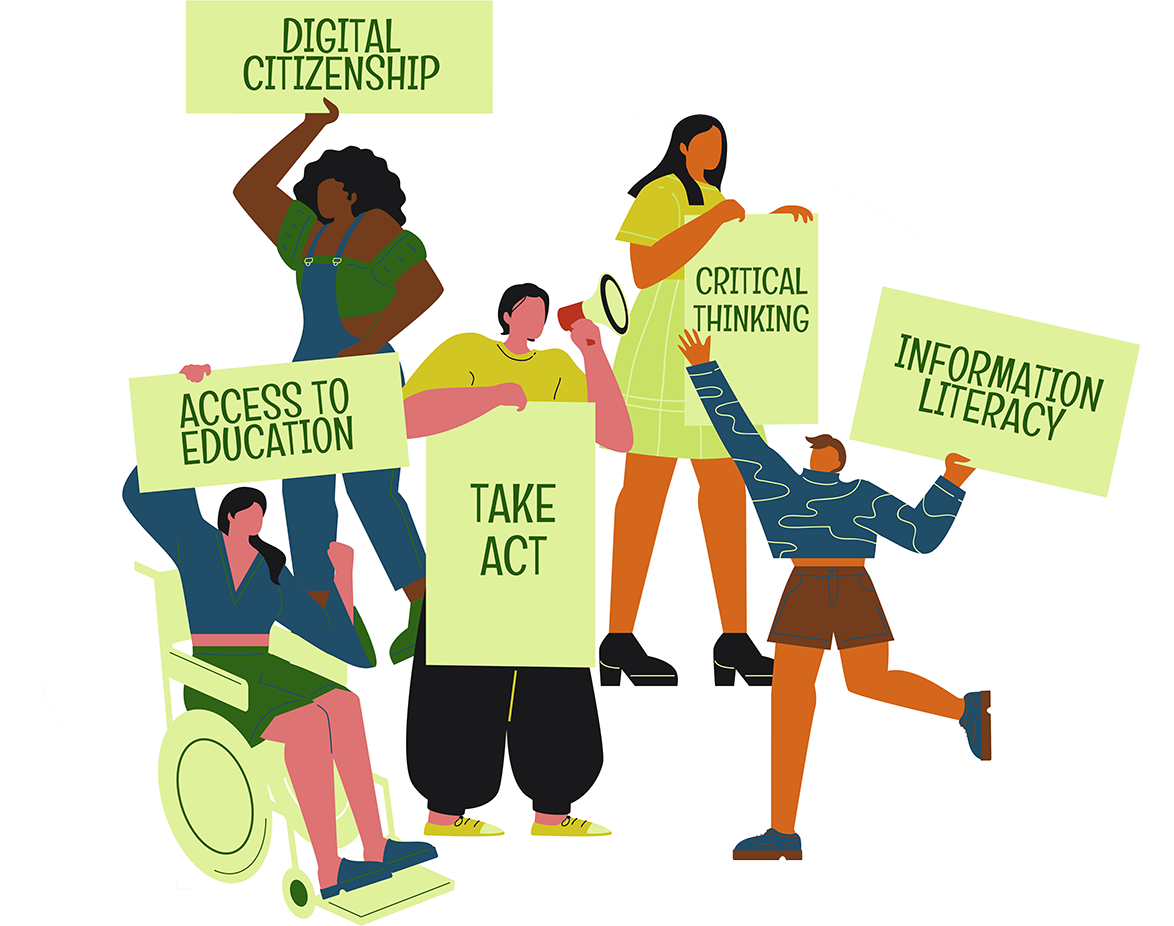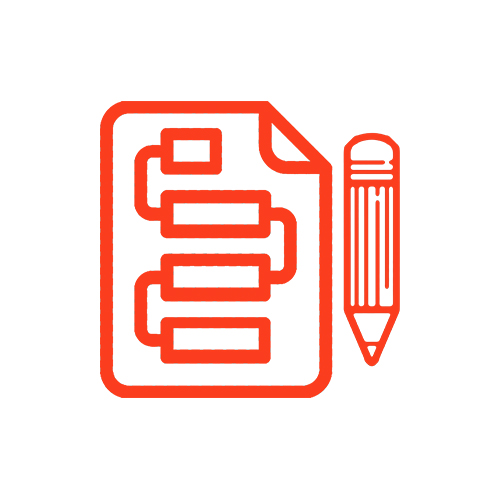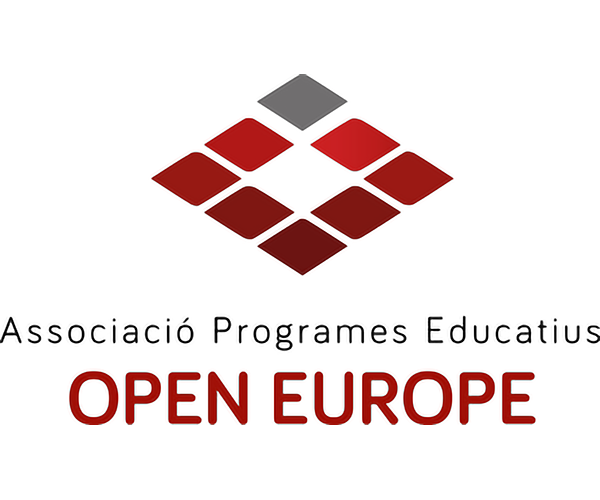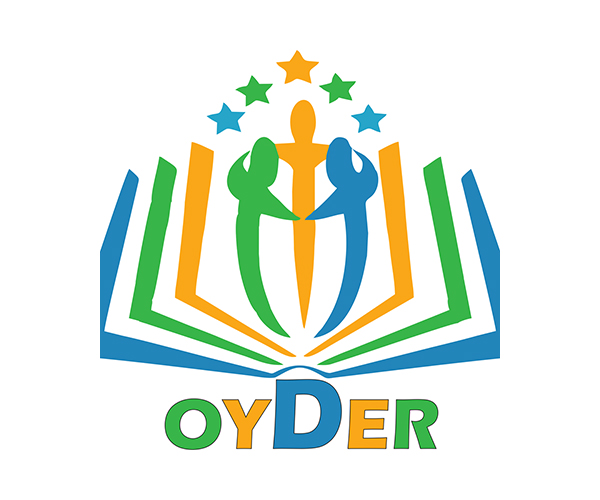The Project
Take Action
Citizenship education for an inclusive and sustainable future.
The project involves different kind of organisations such as associations, private education providers, universities and high schools to adapt and develop a teaching curriculum based on the “Action Civics” curriculum created by Generation Citizens, an US-based organisation.

The Action Civics’ approach
The curriculum is focused on the improvement of:

Civic Knowledge
Defined as the understanding of the structure of government and the processes by which government passes laws and makes policy and by which citizens can influence the political process.

Civic Skills
Defined as the abilities necessary to participate as active and responsible citizens in democracy, including the ability to think critically, problem-solve, and work collaboratively.

Civic Motivation or Disposition
Defined as the desire to actively participate in the political process and take action on community issues, encompassing a sense of social responsibility, concern for the rights and welfare of others, and belief in the capacity to make a difference.
Phases of the Action Civics curriculum:
1
Identifying our issue
Phase 1
In this first phase, students critically examine their community and identify issues that they are personally interested in exploring. Teachers need to be cognizant of supporting student voices and striking a balance in helping students choose appropriate topics. This youth-adult partnership allows both students and teachers to contribute to the decision-making process of choosing a community issue.
2
Researching our issue
Phase 2
In the second phase, students spend time researching their issue and set a goal. They examine multiple sources and perspectives to better understand their community issue. Teachers may invite guest speakers into the classroom to address specific topics of interest. Students explore a variety of digital and print resources on topics. Teachers and students work together to review headlines of local news and events, develop questions, evaluate sources, and examine evidence.
3
Planning our action
Phase 3
In this phase, students develop an evidence-based argument for their issue and create a plan of action. The plan of action can include a variety of products, such as persuasive letters to adults, web-based advocacy projects, or hands-on acts of service.
4
Taking action
Phase 4
In the final phase of their projects, students share their advocacy projects with members of their families, school, and community. This phase supports the students in developing communication skills to raise the awareness on a particular subject.
The observed students’ growth in the three areas:
Generation Citizens in the “2017-18 IMPACT PROGRESS REPORT” analysed the data coming from the implementation of the Action Civics in 141 schools with 14025 students
%
of students gained civic knowledge
%
of students developed of civic skills
%
of students cultivated civic dispositions

The European approach
Partnership added value
Youth activism and mobilisation needs to be recognised as a legitimate form of political participation, not contested. Young people are often critical towards political systems and procedures, and they are able to highlight undemocratic methods in various forms. There is a need to look to the voices and experiences of young people on the margins of the political discourse whose political space is being obviously and radically restricted.
Policy Paper on Sustainable Development – European Youth Forum, 2018


















